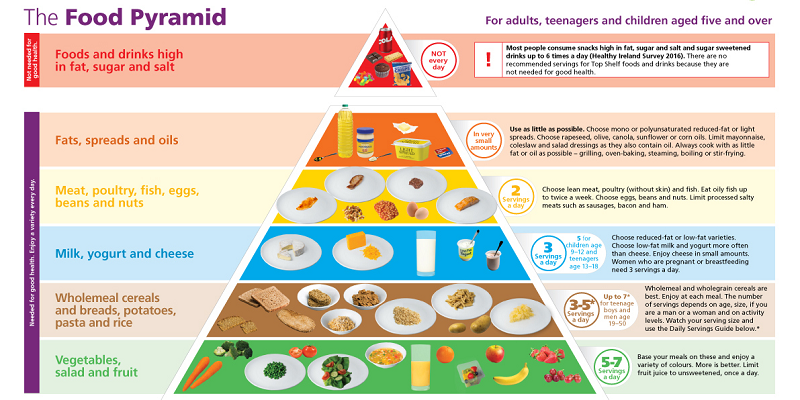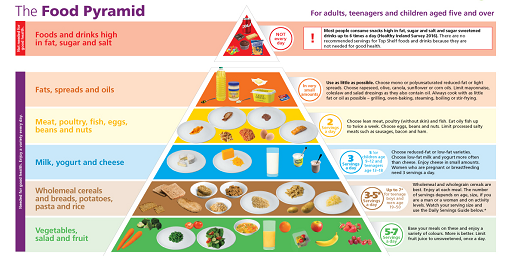Choosing the right food for your individual needs is an important aspect of maintaining a healthy lifestyle. With so many options available, it can be overwhelming to determine which foods are best suited for your specific dietary requirements. However, by considering factors such as nutritional content, personal preferences, and any dietary restrictions, you can make informed decisions about the foods you consume. Here are some guidelines to help you choose the right food for you.

1. Consider Your Nutritional Needs:
When selecting foods, it's essential to consider your nutritional needs. This includes determining the amount of protein, carbohydrates, fats, vitamins, and minerals that are necessary for your body to function optimally. Consulting with a healthcare professional or a registered dietitian can provide valuable insight into your specific nutritional requirements based on factors such as age, gender, activity level, and any underlying health conditions.
2. Focus on Whole Foods:
Whole foods, such as fruits, vegetables, whole grains, lean proteins, and healthy fats, are rich in essential nutrients and are generally lower in added sugars, sodium, and unhealthy fats compared to processed foods. By prioritizing whole foods in your diet, you can ensure that you are consuming a diverse range of nutrients that support overall health and well-being.
3. Take Dietary Restrictions into Account:
If you have dietary restrictions or food allergies, it's important to carefully read food labels and ingredient lists to avoid consuming potentially harmful substances. Additionally, exploring alternative food options that align with your dietary restrictions can help ensure that you are meeting your nutritional needs while avoiding any adverse reactions.
4. Consider Personal Preferences:
While nutritional content is a crucial factor in food selection, personal preferences also play a significant role in determining the right foods for you. Enjoying the foods you consume can contribute to overall satisfaction with your diet and make it easier to adhere to healthy eating habits in the long term. Experimenting with different recipes and cuisines can help you discover new foods that align with both your nutritional needs and personal tastes.
5. Be Mindful of Portion Sizes:
In addition to choosing the right types of foods, it's important to be mindful of portion sizes to avoid overeating. Even healthy foods can contribute to weight gain if consumed in excessive amounts. Using measuring tools or visual cues, such as comparing portion sizes to everyday objects, can help you gauge appropriate serving sizes and prevent overindulgence.
6. Seek Reliable Sources of Information:
With an abundance of nutrition-related information available online and in various media outlets, it's crucial to seek guidance from reliable sources. Researching reputable sources such as government health agencies, registered dietitians, and nutrition experts can provide accurate and evidence-based information to support your food choices.
7. Stay Hydrated:
In addition to food choices, staying adequately hydrated is essential for overall health. Water is vital for various bodily functions, including temperature regulation, nutrient transportation, and waste removal. Incorporating an adequate intake of water into your daily routine can complement your food choices and contribute to overall well-being.






